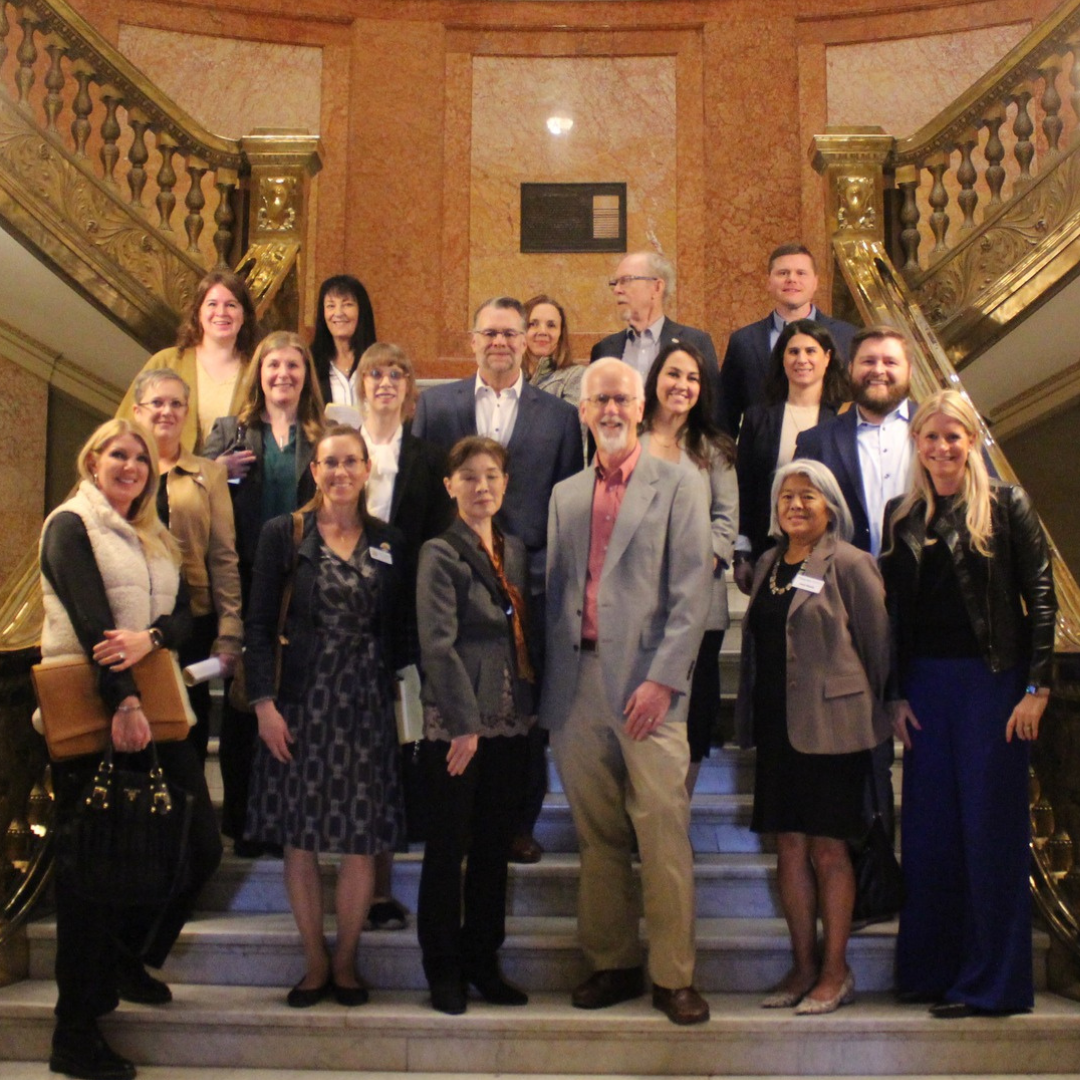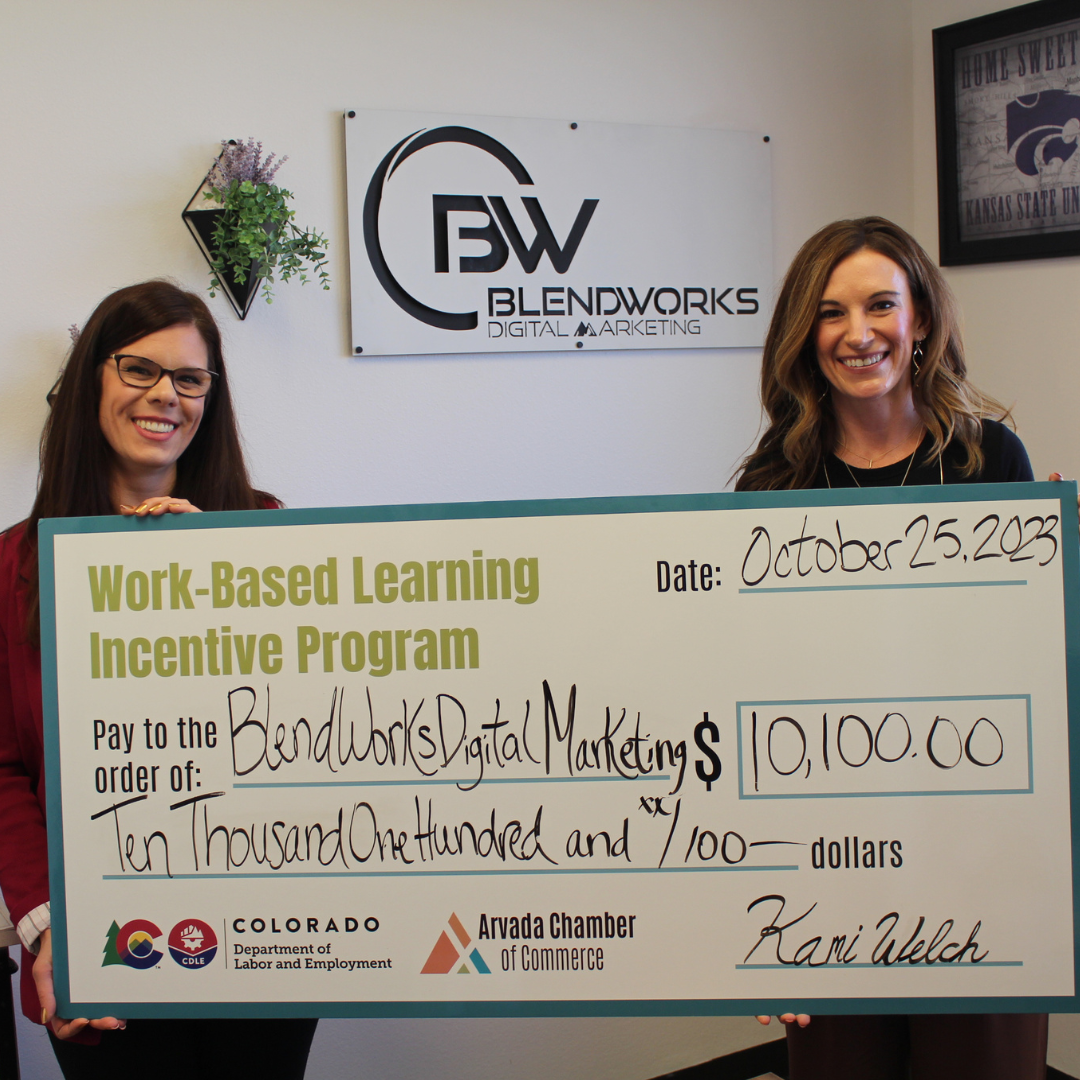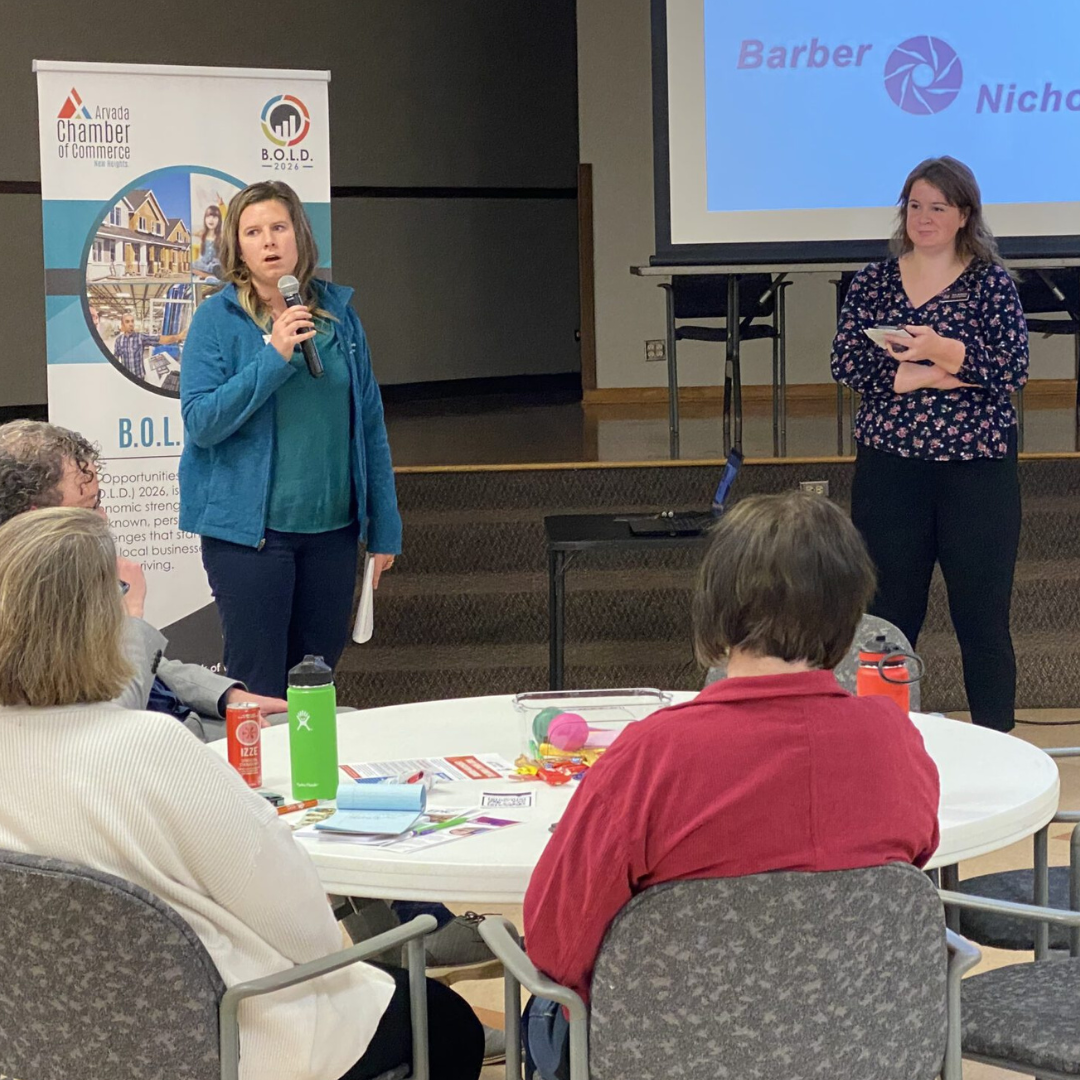Economic Impact
The Greater Arvada Chamber and our many regional partners work tirelessly to proactively support a healthy environment for all businesses to thrive today and into the future. Through quarterly surveying, the Greater Arvada Chamber is able to stay updated on the top business challenges and respond to macro and urgent needs. Today, we are focused on supporting the business community through advocacy, talent pipeline development, and efforts to increase access to housing and childcare for the workforce.
01
Advocacy
The Greater Arvada Chamber is dedicated to fostering a healthy business environment through the promotion of business-friendly policies. By connecting businesses to regulatory issues, advocating for pro-business legislation, and streamlining processes, the Chamber aims to protect and enhance the interests of local businesses.


Talent
The Greater Arvada Chamber has long been dedicated to ensuring our region develops, retains, and attracts the skilled workers needed by area employers. This is accomplished through an employer-led systems change by connecting business to talent suppliers to collaborate on solutions. In this critical area, Arvada Chamber supports regional coordination with workforce and education partners, industry-specific partnership groups, and one-on-one direct support to connect employers to talent.
Housing
Over 80% of Arvada’s workforce lives outside of Arvada and 40% of Arvada workers commute more than 30 minutes one way to their place of employment. More and more businesses are noticing that the cost of housing and long commute times are impacting their ability to recruit and retain top talent. The Chamber’s goal is to ensure access to income-aligned housing so that workers can attain housing within reasonable proximity to their jobs. The Chamber is leading the way in education and policy while ensuring businesses have a voice to help solve this critical issue.


Childcare
The Greater Arvada Chamber is dedicated to increasing childcare capacity to enable caregivers to join the workforce and give children the quality early learning experience they need to thrive. To achieve this end, we need public policy and direct action that supports the needs of businesses and their employees. The Chamber has convened key regional partners, stakeholders, and businesses to catalyze a program that solves this problem
